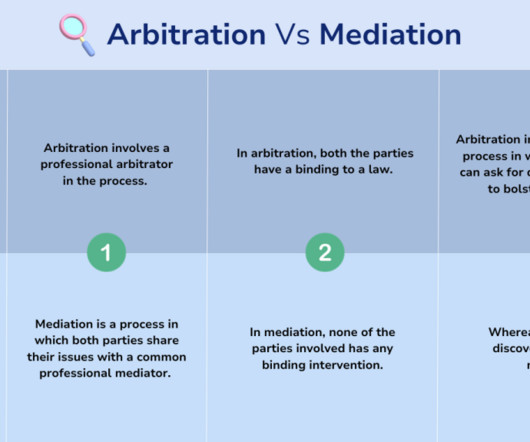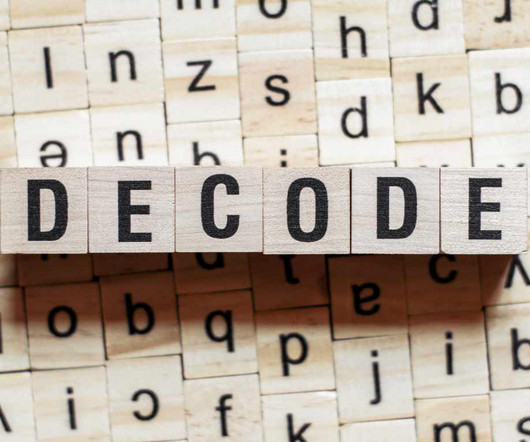Discretionary Stay of Discovery Pending Decision on Dispositive Motion
E-Discovery LLC
MARCH 13, 2025
Defendants moved to stay all discovery deadlines pending a resolution of their motion to compel arbitration and for a stay pending arbitration. The motion to stay discovery was granted. Defendants answered and moved to stay, asserting that there was an arbitration clause in their franchise agreement.




















Let's personalize your content